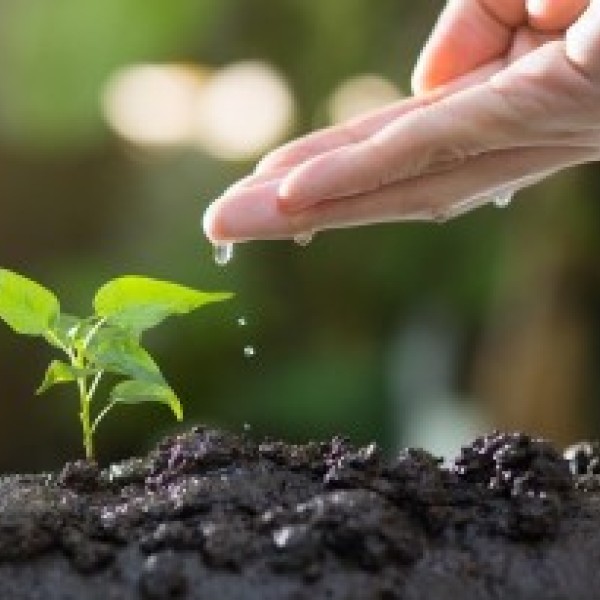Now a research professor in the Department of Global Development, Mabaya’s work centers on increasing food production in Africa, where 70% of the people are under 30 and the continent’s population is expected to double by 2050.
“Africa’s population is growing faster than any other continent, but food production has not been increasing,” Mabaya said. “This spells catastrophe for the future.”
Countries and people around the globe face the same stark dilemma: how to feed their growing populations while climate change ravages the agri-food systems needed to nourish us all.











